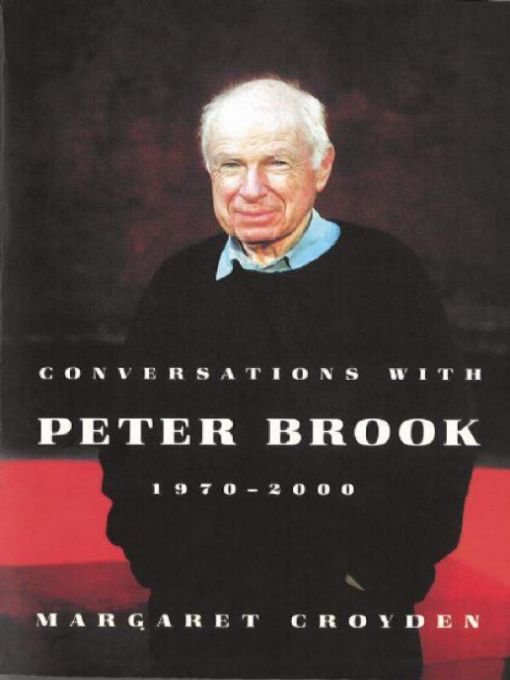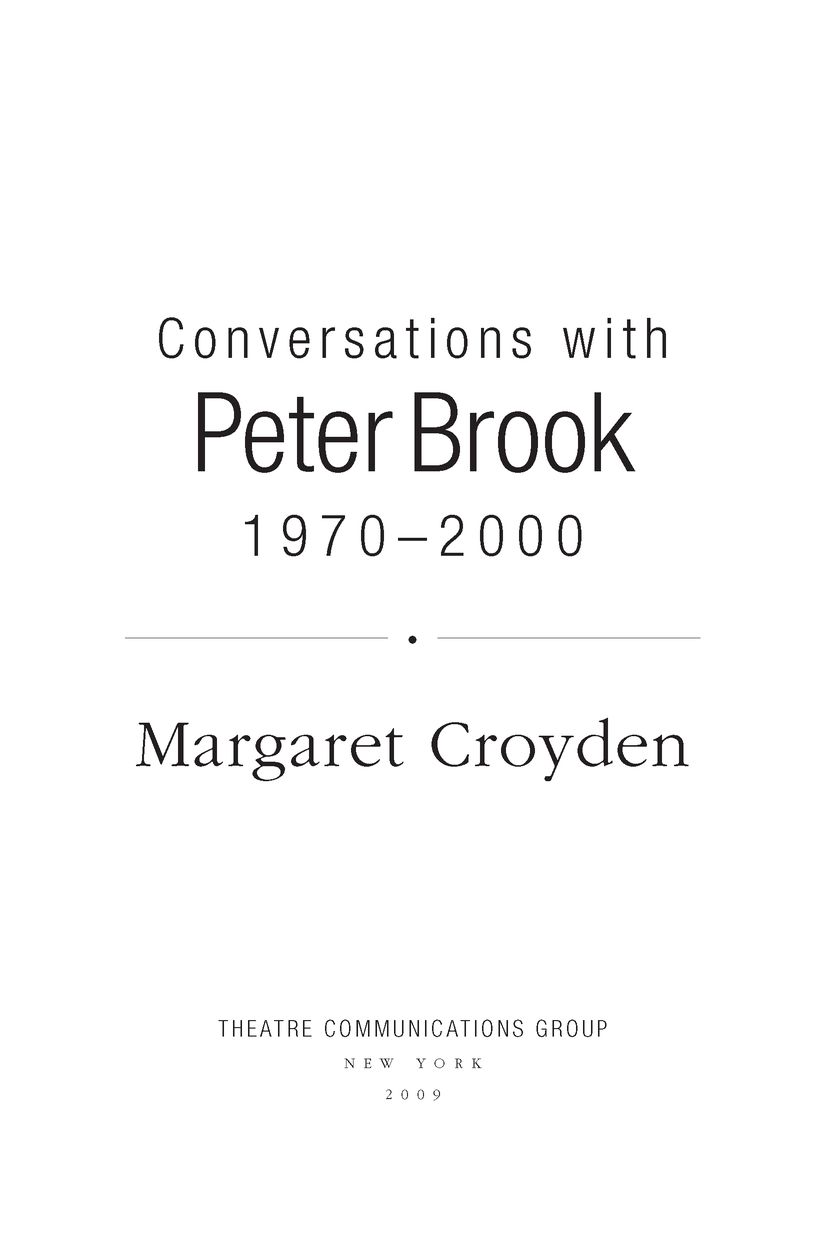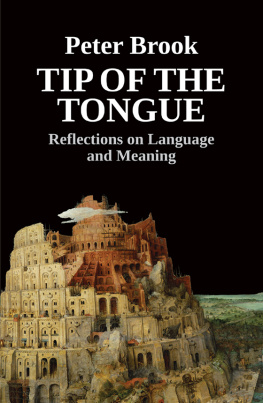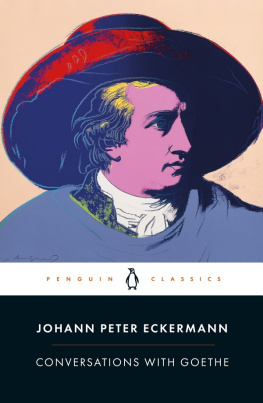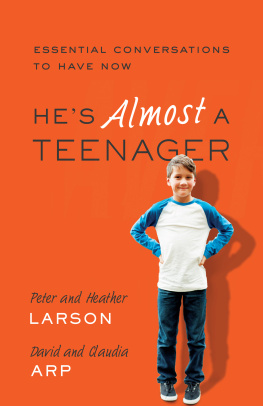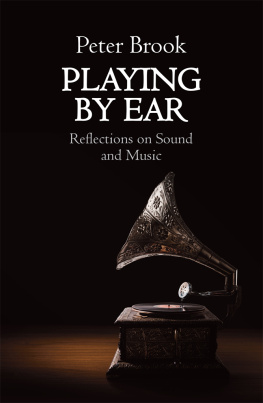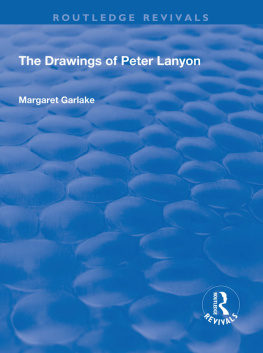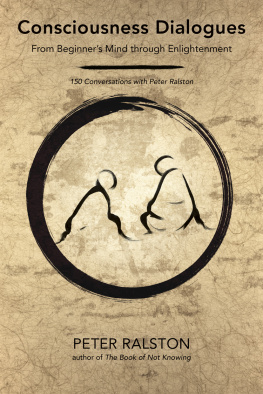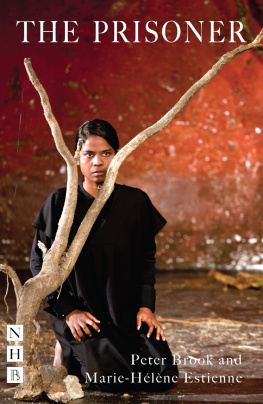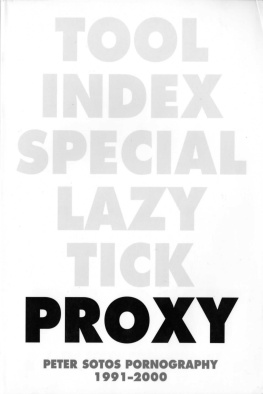Table of Contents
Acclaim for Conversations with Peter Brook, 19702000
I loved it. The interaction between Margaret Croyden and Peter Brook is amusing and not at all reverential and the revelations of Brook on his adventures in theater and in life are thrilling. A great life-inspiring story.
Harvey Lichtenstein
What comes across in Margaret Croydens Conversations is Peter Brooks warm, engaging search that touches all of us. Brook talks about ultimate matters with remarkable insights that reveal the spiritual need for the theater of our time. Margaret Croyden has done a brilliant job in catching the essential Peter Brook.
Andrei Serban
Margaret Croydens sharp, provocative questions to Peter Brook and his brilliant responses make Conversations with Peter Brook a truly sophisticated booknot only about the theater, but about what a great artist thinks, how he works, and how he lives. It is a pleasure to read.
Ellen Stewart
In Conversations with Peter Brook, Margaret Croyden has compiled a fascinating portrait of Brookthe director, the artist, the mana book that will inspire theater people and all those who love the arts.
Joseph Chaikin
I really enjoyed reading Margaret Croydens Conversations with Peter Brook. It amused, enlightened and infuriated mewhich is much as you can expect from any book.
Richard Eyre
To the memory of my dear friends
Jerzy Grotowski
and
Ryszard Cieslak
Introduction
Peter Brook, whose productions have captivated people all over the world, has often been referred to as the most important contemporary theater director in the West. His revolutionary Marat/Sade and King Lear, his airborne A Midsummer Nights Dream and untraditional La Tragdie de Carmen, his The Man Who and The Tragedy of Hamlet, and his masterwork, the nine-hour production of the Indian myth, The Mahabharata, place him in the forefront of those artists who can reach various audiences regardless of cultural boundaries. In an age when interest in theater arts has shifted from the stage to the screen, when the latest work of currently famous film directors, rather than plays, seem to offer vitality, Peter Brook continues to find his forum of expression primarily in the theater, through the interaction of actors and audience in live performances. To expand the range of his endeavors, he successfully developed a flexible, noninstitutionalized company (in 1970) at his International Center of Theater Research in Paris, which offered a fusion of cultures, temperaments, and stylesa theater that would express a certain freedom and variety, a melding of traditions, and a universal sensibility. During his years with his ensemble in Paris and, indeed, even before then, Brook became a symbol of the everlasting creativity of theater artists; he has shown what it is possible for an artist to achieve if he has the courage, the integrity of purpose, and the belief in the value of art that defines Brooks own life and work.
Today, after more than forty years in the theater and having directed more than eighty productions, many seen all over the world, Brook has not slowed down. His signature traits remain the iconoclastic approach and the belief in the power and value of art in all cultures. Possibly no other director in the West has had the confidence and daring to challenge conventional concepts as Brook hasand in the process influenced multiple generations of theater artists and excited theatergoers everywhere. His is an undaunted search for new meanings, for greater insights, and for what may be beyond the sight lines of the naked eye. Even before multiculturalism came into fashion in the West, Brook traveled to Africa and Asia to explore non-Western cultural traditions and reach local audiences. Always striving to find a more refined aesthetic to express the mysteries of the human spirit, Brook is unfazed by challenges and hardships. He actually rather fancies difficulties, for he has a clear vision, a strong belief in what he is doing, and the genius to fulfill his goal.
From his youth, Brook has searched for new forms. A successful stage director at the age of twenty, he was appointed director of Covent Garden at twenty-four, where he created what was considered a scandalous Salome and an innovative Boris Godunov. He later directed every conceivable type of play, ranging from Arthur Millers works to those of Jean-Paul Sartre and Jean Genet, from Tennessee Williamss to Shakespeares and George Bernard Shaws, not to mention Broadway musicals, television shows, and films. When he became one of the directors of the newly organized Royal Shakespeare Company in the 1960s, Brook revolutionized Shakespeare productions with a bold, austere King Lear, which served as a model for reexamining conventional concepts of staging Shakespeare. He was also the first director in London to work experimentally with a group of actors from the RSC that was interested in exploring the techniques of Brecht and Artaud. Then came the renowned production of Marat/Sade, a study in revolution and madness, an artistic milestone that integrated radical concepts of acting and audiences, staging and space, and design and material with revolutionary politics, followed by the joyous A Midsummer Nights Dream, which captivated critics and the public alike.
In 1968, after embarking on an experimental project in Paris with an international company (an enterprise interrupted by the student uprising), Brook decided to form a group of his own. It was a time for adventure, for a break with the past, not only politically but artistically. Radical groups were organizing: The Living Theatre and the Open Theater in New York were engaging audiences all over the world, and the phenomenon of Jerzy Grotowski and his brilliant nonlinear productions prompted a reevaluation of basic theater work. Something was happeningand Peter Brook was in the middle of it all.
Excited by all the new developments, Brook went back to Paris in 1970 to organize his permanent group: the International Center of Theater Research, an organization that would focus on both research and production. The Vietnam War had reached a critical stage, and rebellious young artists were fed up with traditional concepts, with what they considered double-talk, and with everything the establishment represented. Various theater groups gave voice and credence to this disgust with political and social corruption. Thus, two camps were forming in the theater: that of traditional naturalism, represented by the dominance of the playwright and the staging of conventional productions, and the experimental nonliterary theater of images and nonverbal behavior, represented by the counterculture groups that were flourishing in basements, studios, and storefronts. Although some of the latter groups fell apart by the late 1970s, Brook and his newly formed company persevered and flourished. What was the secret of this success?
From the beginning, Peter Brook has always had an iconoclastic, almost revolutionary streak. When he was directing in the West End in his twenties, he was an enfant terrible, unafraid to attempt all sorts of plays. His revolutionary fervor, however, doesnt come entirely from political theory or social upheavals, although he was influenced by the times and still is; instead, it stems from an extreme singularity, a special sensibility that allows him to remain open to all possibilities and the implications of contemporary events that makes him unwilling to be bound by commercial needs alone. It is this zest for creation and his capacity for living, combined with an extraordinary energy, that defines Brooks individuality. It was therefore logical for him to organize a group of his own, to be his own master, to disengage from the commercial world, in which he had been extremely successful, so that he could emerge as a truly unique, independent artist.

